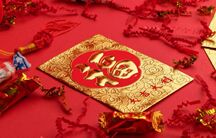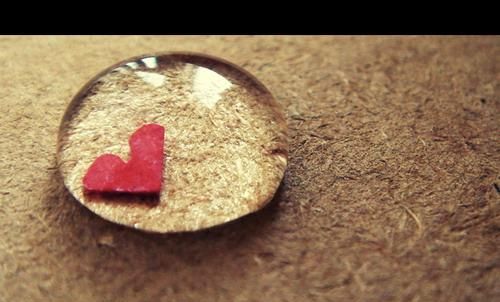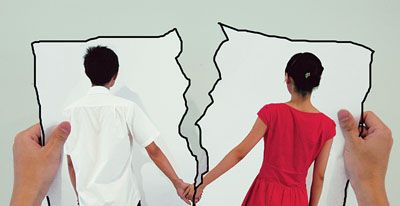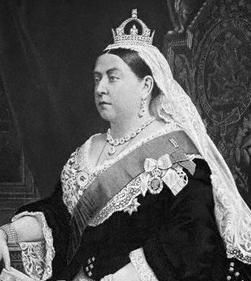红包在中国文化中的意义
|
2月12日,农历牛年第一天,《牛津英语词典》(Oxford English Dictionary)选的“每日一词”(Word of the day)是来自汉语的 hongbao(红包),非常应景。 那么红包在中国文化中到底有何讲究呢?我们通过下面这篇文章来了解一下。 The Significance of Red Envelopes in Chinese Culture
A red envelope (hóngbāo) is simply a long, narrow, red envelope. Traditional red envelopes are often decorated with gold Chinese characters, such as happiness and wealth. Variations include red envelopes with cartoon characters depicted and red envelopes from stores and companies that contain coupons and gift certificates inside. How red envelopes are used During Chinese New Year, money is put inside red envelopes which are then handed out to younger generations by their parents, grandparents, relatives, and even close neighbors and friends. At some companies, workers may also receive a year-end cash bonus tucked inside a red envelope. Red envelopes are also popular gifts for birthdays and weddings. Some four-character expressions appropriate for a wedding red envelope are 天作之合 (tiānzuò zhīhé, a marriage made in heaven) or 百年好合 (bǎinián hǎo hé, a happy union for 100 years). Unlike a Western greeting card, red envelopes given at Chinese New Year are typically left unsigned. For birthdays or weddings, a short message, typically a four-character expression, and signature are optional. The color Red symbolizes luck and good fortune in Chinese culture. That is why red envelopes are used during Chinese New Year and other celebratory events. Other envelope colors are used for other types of occasions. For example, white envelopes are used for funerals. How to give and receive Giving and receiving red envelopes, gifts, and even business cards is a solemn act. Therefore, red envelopes, gifts, and name cards are always presented with both hands and also received with both hands. The recipient of a red envelope at Chinese New Year or on his or her birthday should not open it in front of the giver. At Chinese weddings, the procedure is different. At a Chinese wedding, there is a table at the entrance of the wedding reception where guests give their red envelopes to attendants and sign their names on a large scroll. The attendants will immediately open the envelope, count the money inside, and record it on a register next to the guests’ names.。 A record is kept of how much each guest gives to the newlyweds. This is done for several reasons. One reason is bookkeeping. A record ensures the new-lyweds know how much each guest gave and can verify the amount of money they receive at the end of the wedding from the attendants is the same as what the guests brought. Another reason is that when unmarried guests eventually get married, the bride and groom are typically obliged to give the guest more money than what the newlyweds received at their wedding. The amount For employees at work, the year-end bonus is typically the equivalent of one month’s wage though the amount can vary from enough money to buy a small gift to more than one month’s wage. If you go to a wedding, the money in the red envelope should be equivalent to a nice gift that would be given at a Western wedding. Or, it should be enough money to cover the guest’s expense at the wedding. For example, if the wedding dinner costs the newlyweds US$35 per person, then the money in the envelope should be at least US$35. As with the Chinese New Year, the amount of money is relative to your relationship to the recipient—the closer your relationship is to the bride and groom, the more money is expected. For instance, immediate family like parents and siblings give more money than casual friends. It is not uncommon for business partners to be invited to weddings, and business partners often put more money in the envelope to strengthen the business relationship. Less money is given for birthdays than other holidays because it is viewed as the least important of the three occasions. Nowadays, people often just bring gifts for birthdays. What not to gift For all occasions, certain amounts of money are to be avoided. Anything with a four is best avoided because 四 (sì, four) sounds similar to 死 (sǐ, death). Even numbers, except four, are better than odd—as good things are believed to come in pairs. For example, gifting $20 is better than $21. Eight is a particularly auspicious number. The money inside a red envelope should always be new and crisp. Folding the money or giving dirty or wrinkled bills is in bad taste. Coins and checks are avoided, the former because change is not worth much and the latter because checks are not widely used in Asia. |









